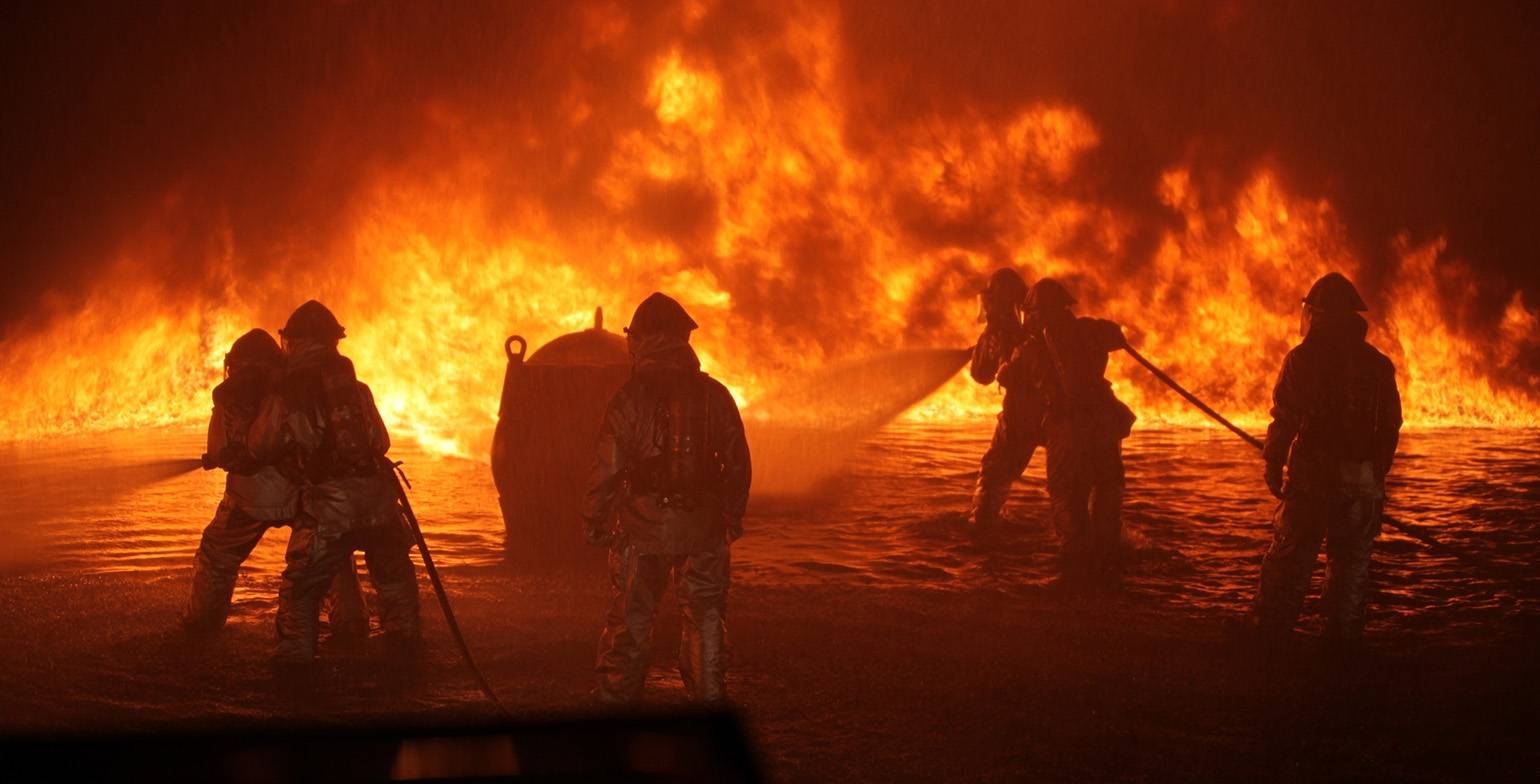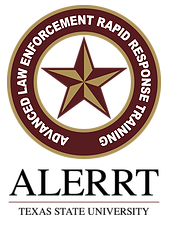Jayme Blaschke | April 14, 2022


The Advanced Law Enforcement Rapid Response Training (ALERRT) center at Texas State University and the National Fire Protection Association have been awarded a grant by the Federal Emergency Management Agency (FEMA) to develop a state-of-the-art eLearning program to train fire and law enforcement personnel on responding to Fire as a Weapon (FAAW) events.
The $400,000 FEMA grant will enable ALERRT to develop a 4-hour eLearning version of FAAW integrated response training to disseminate nationally. FAAW is the use of fire, smoke or flammable materials to confound first responders to an incident. Criminals and terrorists have used FAAW in many incidents, such as the well-known 1993 Branch Davidian standoff near Waco.
The FAAW integrated response course addresses the skills required to swiftly stop the attackers, establish unified incident command, extinguish the fire, render medical attention to casualties and evacuate the injured.
In early March the FAAW integrated response course was delivered in Arkansas to the Fayetteville Police and Fire Departments and the Springdale Police Department. The ALERRT eLearning team filmed the course presentations, the practical application workstations and the scenarios. This footage will enable to the team to script and streamline for a four-hour eLearning course, with an anticipated completion date of September.
ALERRT has already developed a 16-hour in-person version of the FAAW integrated response training, from which the eLearning course will be derived. The target audience for this course includes federal, state, tribal and local law enforcement, fire personnel, medical personnel and telecommunicators who would potentially respond to and manage a FAAW incident.
The ALERRT program at Texas State was created with the goal of providing training to first responders to better protect their communities and save lives.
Share this article
For more information, contact University Communications:Jayme Blaschke, 512-245-2555 Sandy Pantlik, 512-245-2922 |
